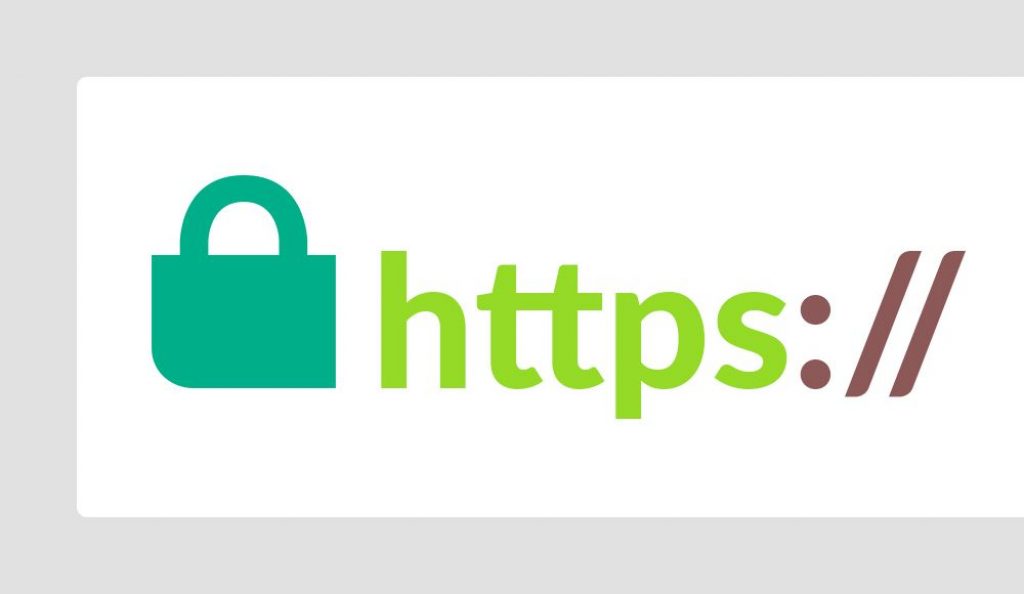Did you notice day by day, SSL gets mandatory for the website? Last few years, as the internet has massively expanded, numerous hackers are growing with it every second. But the challenge is now hackers can do so many things if the website is not secure.
They can access your site and access the data.
They can steal your traffic into their site.
They can steal the visitors and use them for their purpose as well. And what can stop them is security. With the right SSL certificate, you can now prevent them, stop them, and save your property as required. And If you want SSL to protect yourself from the poor, dirty online threats and want it for free, this article is all about finding a secure friend for your business.
What is an SSL Certificate?
An SSL simply stands for Secure Socket Layer. It secures the website identity and turns on the encrypted connection. As a result, anyone wanting to force any threats inside your website stop automatically. In reality, online criminals try too die-hard to steal your data and property. When SSL will save you from everything, even if it’s any transitional activity. Because large businesses, enterprises, growing startups, and eCommerce have massive transactions through the website, and an SSL stands against them, they fail in every way.
How Does an SSL Certificate Keep Information Secure?
Having SSL on the website means it works for website data Confidentiality, Security, and Authenticity on the same boat, which creates secured communication beyond your customers and website. So anyone outsider is unable to access your site without permission. Today’s hackers can send APT (Advanced Persistent Threats) Malware, MIM sometimes Direct Hacker Attacks. This comes through internal communication like email notifications, links, add-ons, etc. And SSL saves it through the HTTPS protocol.
How Do I Know If a Site Has a Valid SSL Certificate?
The easiest, most simple way to identify the SSL is by checking the website URL. You may have already seen there are two types of URLs.
One is HTTP, and the other is HTTPS.
HTTP means your site is not secure, but when you see HTTPS, it means secure. The “S” added the symbol of security.
How Much Does an SSL Certificate Cost?
There are different types of SSL based on the business module. Each is used for a specific purpose. And when you’ve determined, you must understand the SSL and which one you need first. So before you begin, let’s uncover what kind of SSL today’s technology have. Most commonly, the familiar type of SLL is Extended Validation (EV), Organization Validation (OV), and Domain Validation (DV). Each one works differently and costs the different as well.
To inform you of the cost that SSL starts for the free.
The end depends on the budget and company structure.
Because you can choose it yearly, for six years base, or decades, most prominent businesses take it for years to protect the site. That’s they choose the SSL based on their expectations.
Several brands provide SSL for the website. And common brands are Rapid SSL, Digicert, GeoTrust, etc. You also get most of the SSL based on those companies because most of the companies are resellers from the above list.
And if you see some selling the same service from other websites, don’t get shocked.
How Can I Get a Free SSL Certificate?
This core discussion about this article is how can we get the free SSL Certificate? And it’s important that when you have the opportunity to use it free, why to waste money.
You can get the SSL free in two ways.
One is some companies provide SSL free because they have versatile SSL and offer it free.
But the challenge with free is not properly optimized. And when you choose one, see it designed with proper instruction and features. Because the free is almost always designed with the gap.
Another way to get the SSL for free is to buy the website domain or hosting from the brand where you’ll get SSL.
This is a suitable option because domain and hosting companies are now offering free SSL with the domain or hosting when you buy.
Because this SSL is premium and designed with premium features. You are getting it free because it is free with other services. For example, you’ll have free SSL and setup for any hosting you buy from the Avalon hosting service. If you don’t know, the setup team will set it up for free.

How to Install a Free SSL Certificate in WordPress?
SSL certificate is a security feature that helps you to protect your website from hackers, spammers, and other online threats.
We all know that WordPress is a popular blogging platform, but it is not the only one. There are many other platforms like Joomla, Drupal, Magento and so on that can be used as well. If you have no idea which one to choose then this article will help you with this issue. If you are using a WordPress website, you should have installed a free SSL certificate. It is important to install this certificate as it will help you secure your website from hackers Unfortunately, there are websites that use poor and broken SSL certificates, which lead to security breaches. If you have installed a good SSL certificate, you will definitely be safe from these issues.
Let’s set the SSL in the real world so you can do it:
- Login Your Website CPanel.
- Check the Security Feature.
- Find the Let’s Encrypt Option or Secure Hosting.
- Now Choose Your Domain Name
- The Add Now option or click install.
Note: Some hosting doesn’t have any Let’s Encrypt option inside. Don’t worry about that. Just contacts the support. They will guide you to do the rest or set it up for you, and congratulations.
Need SSL Certificate? Please Visit.
